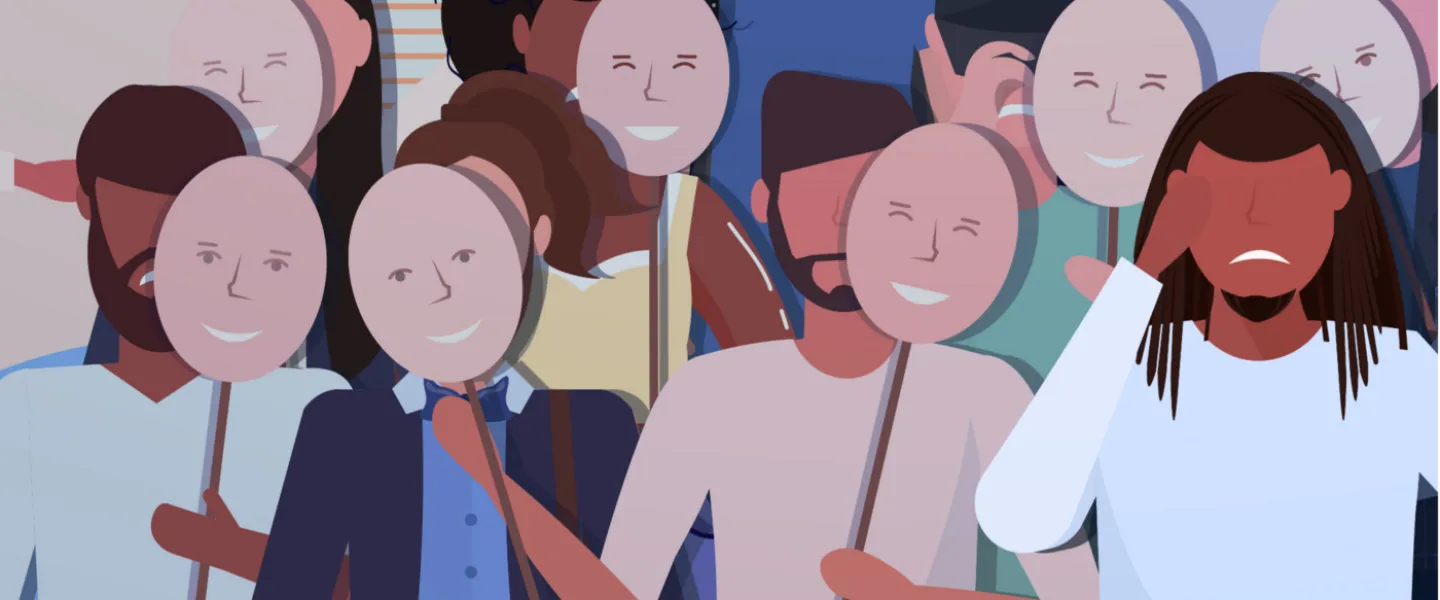
A new course from GRÓ GEST is now open for registration on edx.org. Sign up before February 26! An understanding of masculinity and the engagement of men and boys in gender issues has emerged as a key component to achieving global gender equality.
In this fourth instalment in the GRÓ GEST series of Free Online Courses in International Gender Studies, a group of four internationally acclaimed experts will introduce you to basic theories and terminology in masculinity studies and examine the processes that construct masculinities in the areas of education, media, digitalisation, global politics, climate change and more.
The GRÓ Gender Equality Studies and Training (GEST) programme promotes gender equality and social justice in low- and middle- income countries, and conflict and post-conflict societies through research, training, and education at postgraduate level.
Since GRÓ GEST began developing Massive Open Online Courses (MOOCs) on the edX® platform in 2019, the goal has been to provide aspiring development workers, young gender equality professionals, policymakers, students, researchers and activists around the world with a knowledge base they can use to change the world for the better.
By the end of this course, learners will understand and be able to discuss:
- Basic theoretical approaches in studies on men, boys and masculinities.
- Masculinities as socially constructed, produced, and reproduced through social processes.
- How the social construction of masculinities affects boys’ participation and learning achievement.
- How socialization processes happening within educational institutions often replicate that of broader society.
- Why men are falling behind in education worldwide.
- How masculinity is expressed in the media and what it means for men and women.
- How different media can perpetrate or challenge norms of hegemonic masculinity.
- How gender bias is embedded in new technologies and Artificial Intelligence.
- How to engage men and boys to make the digital space one of gender equality.
- How stereotypical masculine representations may affect peacebuilding processes and intercultural dialogue.
- How harmful notions of masculinities can be used to radicalize and recruit men and boys to violent extremist groups.
And much more…
As part of an international higher education institution, GRÓ GEST is has cultivated a vast network of international scholars and experts on variety of topics in international gender studies for many years. For this course, GRÓ GEST reached out to some of its top scholars in men and masculinity studies:
A decolonial psychologist known internationally for his work on Africa-centring psychology, masculinity, fatherhood, culture, sexuality, and violence, Kopano Ratele is a regular contributor in South African media on matters related to masculinity. In 2021 he became professor of Psychology at Stellenbosch University. He is former co-director of the South African Medical Research Council-University of South Africa (Unisa)'s Violence, Injury & Peace Research Unit.
Easily one of the most recognizable names in masculinity studies in the Nordic hemisphere, Jeff Hearn is currently Professor Emeritus at the Hanken School of Economics, Finland, and is. He is the author of countless books, edited volumes and scientific articles published over the span of several decades, focusing on gender, sexuality, violence, age, work, organisations, policy, ICTs, and transnational processes. In addition, he has worked on countless national, Nordic, EU and North-South research and policy projects.
Ann Phoenix is a Professor of Psychosocial Studies at University College London. Her research is mainly about social identities and the ways in which psychological experiences and social processes are linked and intersectional. It includes work on racialised and gendered identities; family lives and home; migration and transnational families. Ann’s work has included many international collaborations across various continents.
And finally, Tamara Shefer is Professor of Women’s and Gender Studies in the Faculty of Arts and Humanities at the University of the Western Cape, Cape Town, South Africa where she has been for 29 years. Her scholarship, also activism and policy, has been mostly directed at intersectional gender and sexual justice, with particular emphasis on young people and with a strong emphasis on boys, men and masculinities. Tamara has worked mostly in South Africa but has many collaborations, engagements and visiting professorships in international contexts.
Further information about the course and registration can be found on the edX website.